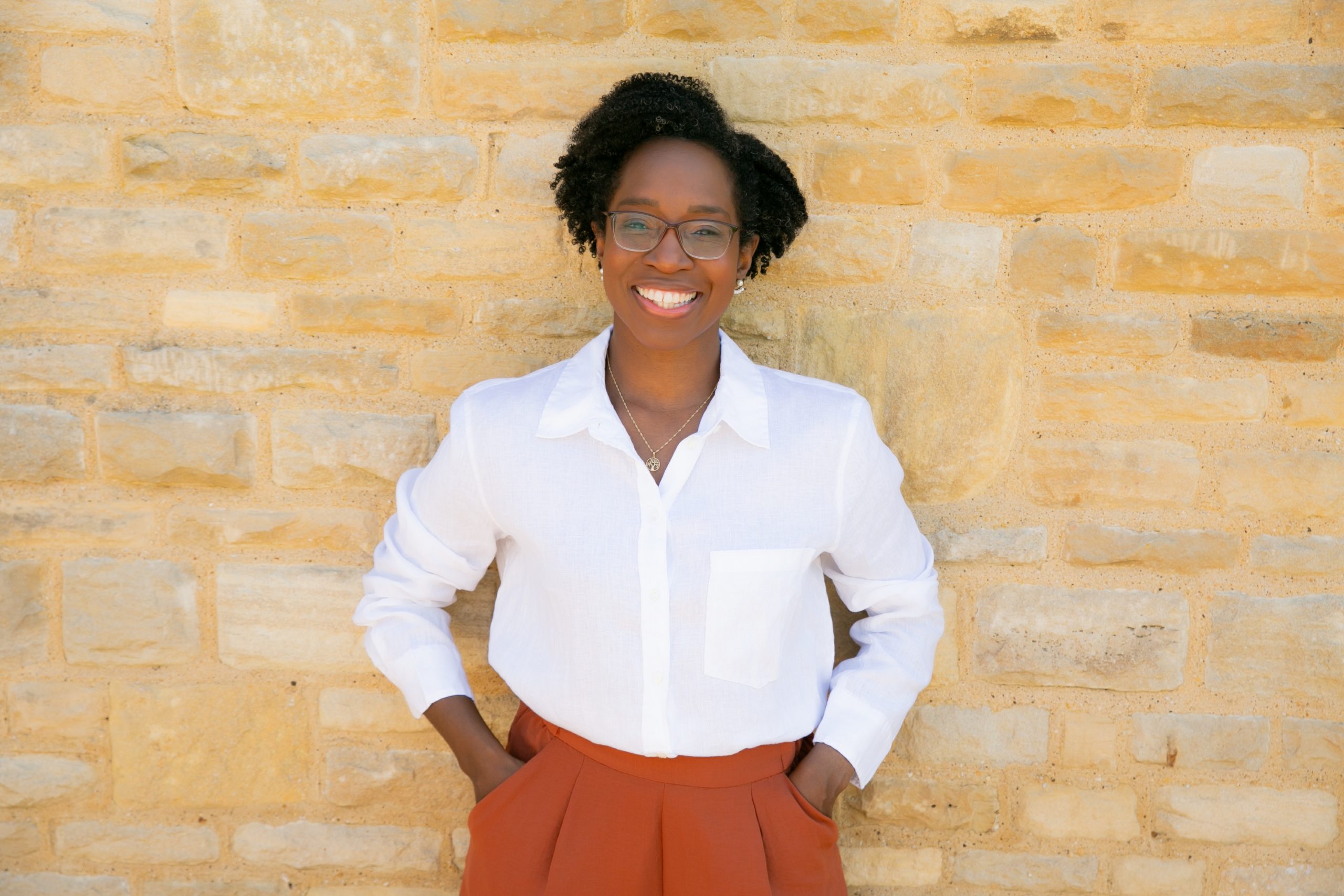I am Danielle Cudjoe-Michalski, a neurodiverse coach, consultant, speaker, and trainer. Over the past six years, I have coached a diverse range of clients while also juggling roles as a scientist and project manager in the corporate pharmaceutical world for nearly two decades. Despite my achievements, my journey with dyslexia has been anything but straightforward.
“I understand my dyslexia!” sounds confident, right? However, my journey to this level of understanding has been marked by uncertainty and struggle. In my initial decade as a newly diagnosed dyslexic scientist, I grappled with both my dyslexia’s challenges and its hidden talents. I felt stuck, lacked confidence, and felt like I wasn’t seen or heard. I did not have the curiosity to question myself with kindness at first. It took time and support from compassionate mentors and coaches who ‘saw me’ to help me recognise and tap into my strengths.
Over the last ten years, I’ve shifted my focus to embracing my strengths while developing strategies to improve all my communication styles, especially in writing. This leads me to this article. You see, even now, I was anxious about writing it. I can write (proficient in scientific writing), but my preferred mode of expression is through speaking. I find I can express myself better through my body language, gestures, and tone of voice, and I understand others by observing them. These were some of my talents, and they helped me communicate effectively with my teams. I appreciate the art of writing and see many amazing dyslexic writers share their knowledge, but we all have our strengths, and mine is speaking.
Speaking engagements have become a platform for connection and shared experiences. Questioning myself and listening to others experience the same challenge taught me that I needed to journey deep through questions with curiosity and kindness. As I shared my journey, I noticed others feeling seen and heard, prompting them to open up about their struggles. This led to the creation of the neurodiversity network in my workplace and eventually inspired me to pursue coaching. Through coaching, I’ve learned the importance of self-awareness, compassion, and acceptance, not just for myself but for others navigating similar challenges, and in my clients, I saw these grow.
‘Thinking Light Coach’ was born—a space dedicated to supporting neurodiverse individuals, including those with dyslexic traits, through coaching. Additionally, it serves organisations seeking to embrace diverse thinking, learning, and communication styles. I aim to foster an understanding of the unique challenges and talents dyslexic individuals bring to the table, both in the corporate world and holistically in life.
I share my story not to boast of my achievements but to inspire others to embrace their unique talents and seek support in overcoming challenges through coaching and mentoring. Remember, our strengths lie not in conforming to norms but in celebrating and harnessing our differences for growth and success.

